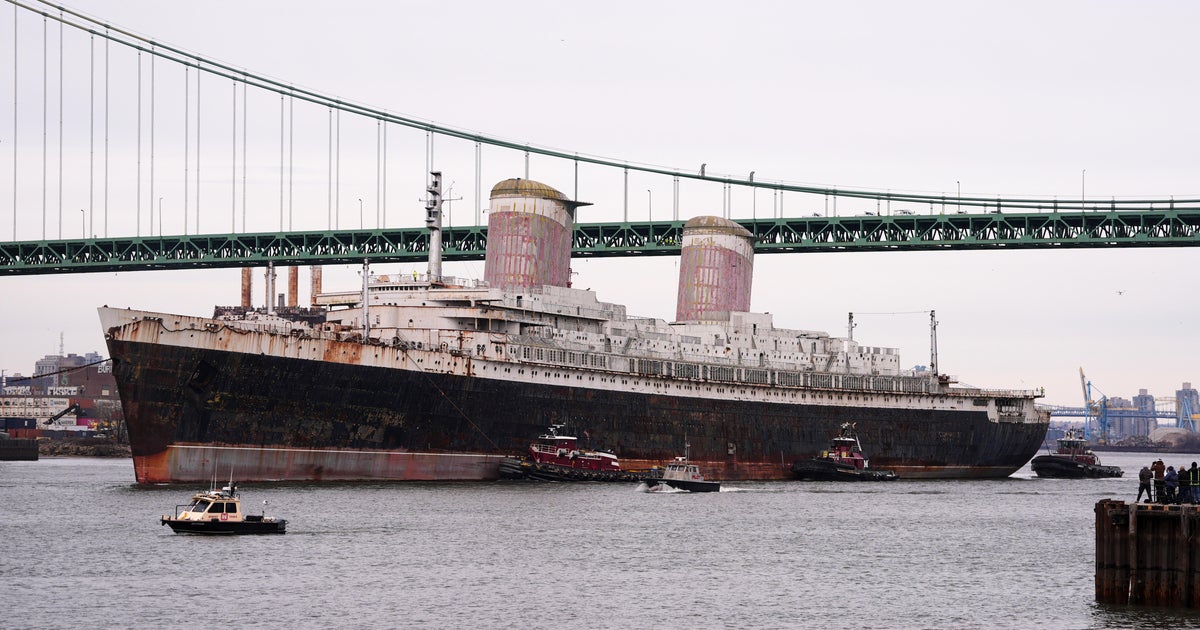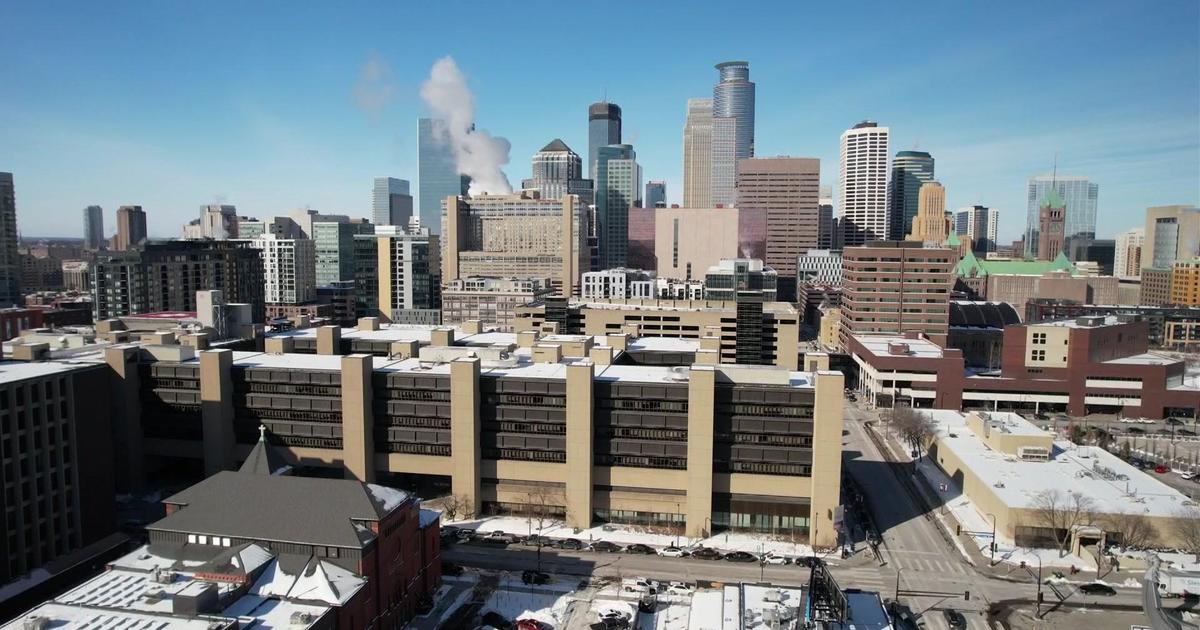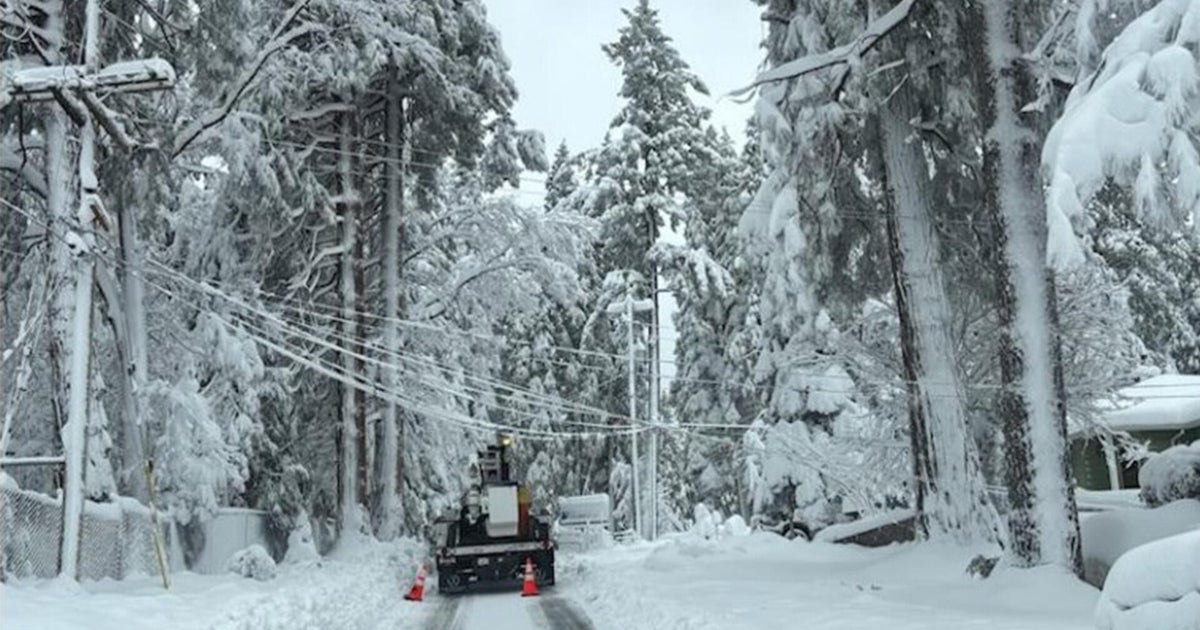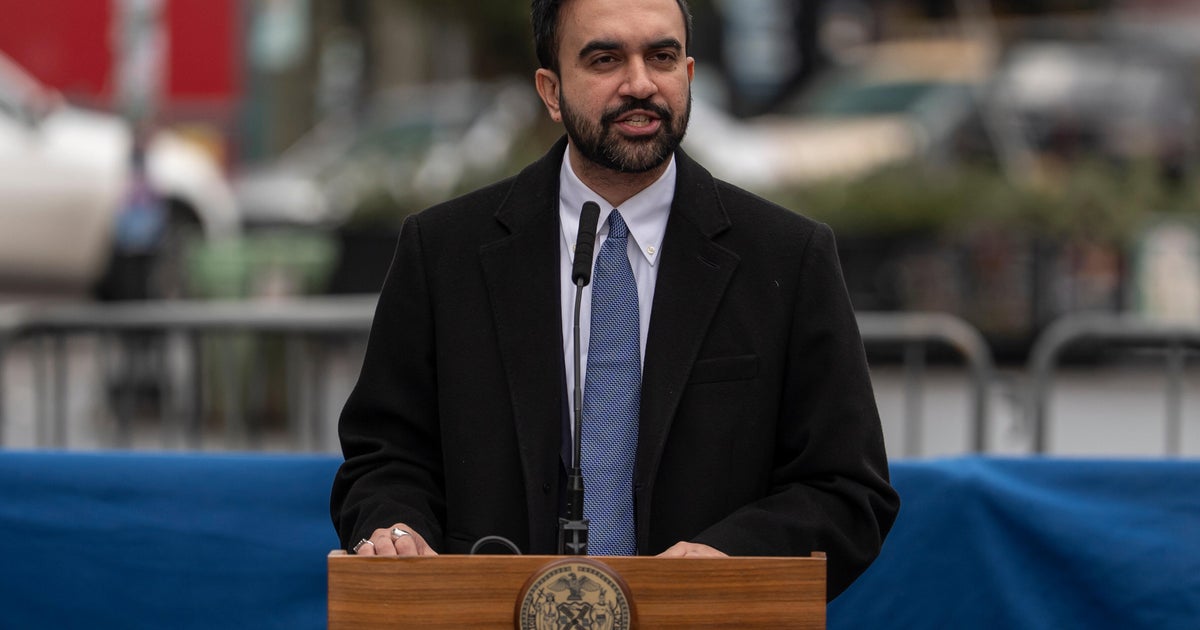Puerto Rico Mired In Economic Crises
Follow CBSMIAMI.COM: Facebook | Twitter
MIAMI (CBSMiami) - The economic crisis in Puerto Rico has hit rock bottom.
The U.S. Commonwealth is $73 billion in debt and dangerously close to defaulting on its payments.
"The debt is not payable. But we have to make the economy grow. If not we will be in a death spiral," Governor Alejandro Garcia Padilla told the New York Times in an article published on the day the governor planned to address the island's residents.
Earlier this month, lawmakers in Puerto Rico took a drastic step to address the economic crisis. They voted to raise the sales tax from 7 percent to a whopping 11.5 percent, the highest rate in the United States. They also approved a 4 percent tax on professional services.
One couple shopping for groceries at a market in San Juan was caught by surprise when the sales tax increase was approved. The new tax will be added to many of the items in their shopping cart. Items like prepared or partially prepared food, including canned foods, frozen foods, yogurts and many other food items that were not tax before will be subject to the 11.5 percent tax.
A local news reporter in San Juan even alerted viewers that plantains, a staple in Puerto Rican cuisine, will be taxed 11.5 percent if purchased frozen.
Opponents of the sales tax increase say it will have a negative impact on consumers and businesses and only worsen Puerto Rico's economy. Many believe the ongoing economic crisis will mean more Puerto Ricans leaving the island in search of jobs somewhere else.
Puerto Ricans are U.S. citizens and can travel freely across the country. More than 800,000 Puerto Ricans currently call Florida home.







